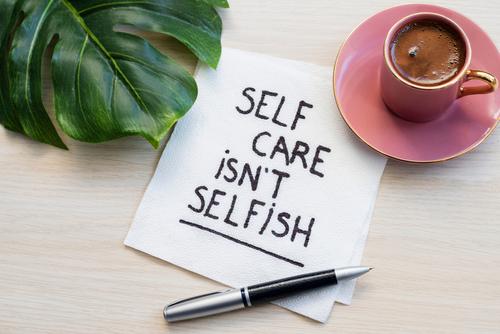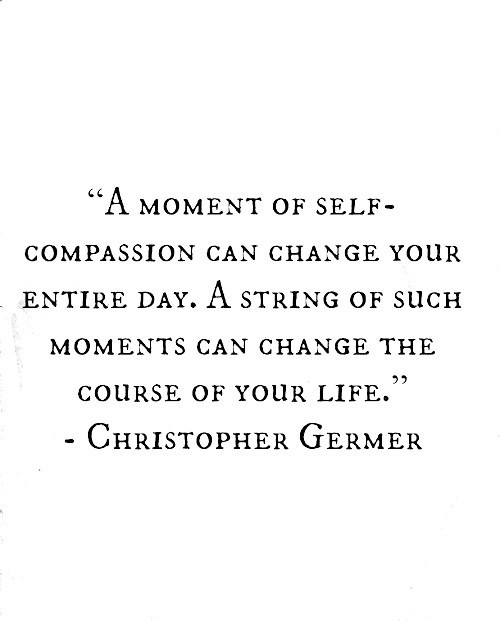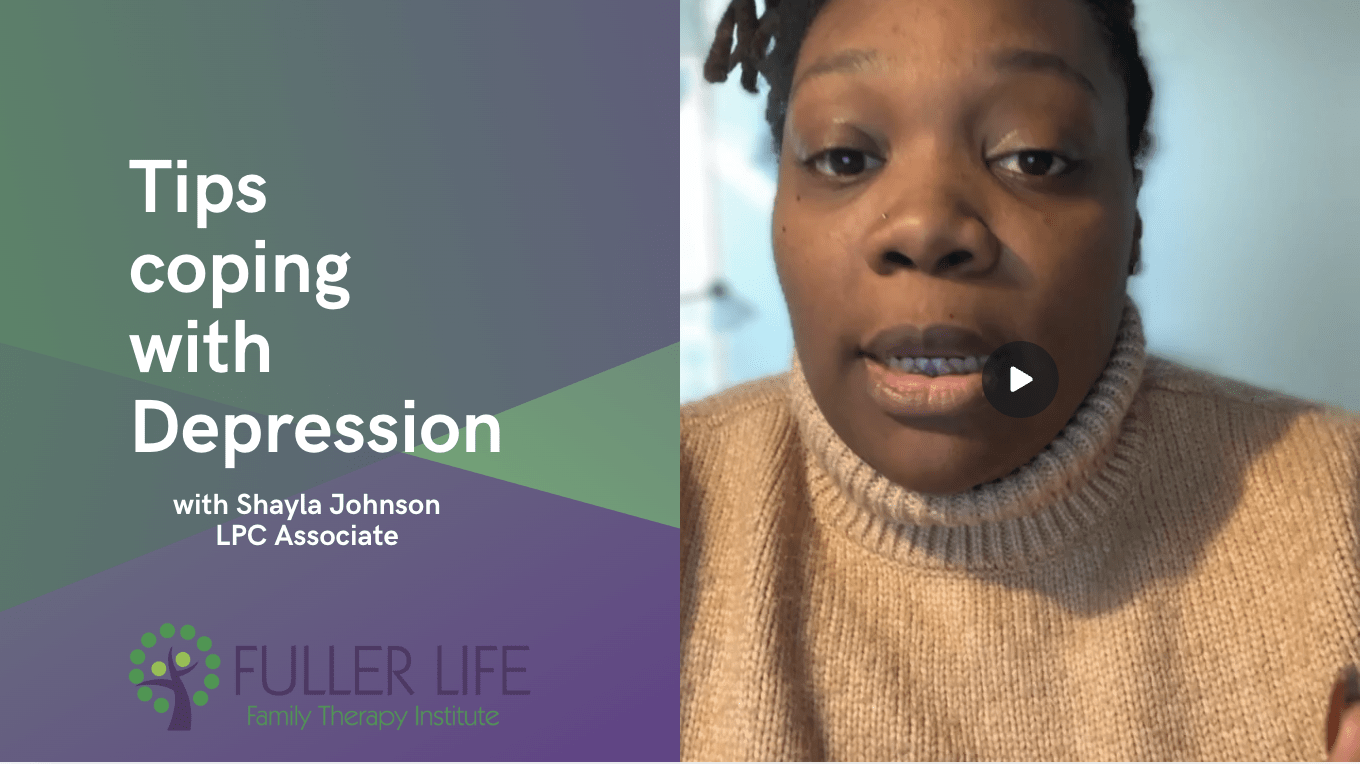5 Ways to Start Healing Depression Today
Depression is a very treatable condition that lives in our brain. Research shows that the best treatment involves therapy and medication. However, there are some simple, though not easy, steps you can begin to help your brain recover and rebuild to begin healing depression.
Here are five beginning steps to guide you toward healing depression:

1. Self-Care
Self-care is often one of the first things to go when someone is struggling with depression, but it’s also one of the most essential for recovery. Taking care of yourself means taking intentional actions to support your physical and mental well-being. It might involve forcing yourself to do the basics like showering, brushing your teeth, or eating a balanced meal. It also extends to small acts that can help bring a sense of relief or normalcy, such as putting on lotion, wearing clean clothes, or spending time outdoors.
Self-care includes good habits around sleep hygiene. Depression often disrupts sleep patterns, making it difficult to get quality rest. Creating a consistent bedtime routine, reducing screen time before sleep, and keeping a regular schedule can help improve the quality of your sleep, which in turn supports your brain’s recovery. Light exercise, like a short walk or gentle stretching, can also be a part of self-care, as it promotes the release of endorphins, the body’s natural mood elevators.
2. Self-Compassion
When dealing with depression, it’s common to struggle with harsh self-criticism and judgment. Self-compassion involves recognizing your own suffering and responding with kindness rather than criticism. Imagine how you would speak to a friend who is going through a hard time. Now, try to speak to yourself with the same gentle and supportive tone.
Part of self-compassion is learning to shift the negative thoughts that arise. Depression has a way of filling the mind with cruel or condescending messages about oneself. Work on naming what you feel, giving that feeling some space, and deciding how to respond to it with kindness and understanding. Sometimes this means sorting through what is true and what is not, as depression can distort thoughts and perceptions. Ask yourself, “Would I say this to a friend who I care about?” If the answer is no, then it’s time to change how you are speaking to yourself.



3. Support
Isolation often accompanies depression, but support is a crucial element of healing. This doesn’t necessarily mean having a large social circle; it’s about finding quality connections that provide genuine care and understanding. If certain relationships in your life are not supportive or are even toxic, it’s okay to take a step back from those people while you heal.
Support can come in many forms. It could be a friend, a family member, a support group, or professional help from a therapist or psychiatrist who can guide you through the recovery process. It’s about finding people and resources that can help you through the tough days and foster growth as you navigate the pain.
4. Sustained Awareness
Sustained awareness is the goal when it comes to managing the overwhelming emotions that often accompany depression. It involves observing your mental and emotional state without judgment and learning to tolerate difficult thoughts, feelings, or situations. This practice helps you stay present with what is true, accepting what you are feeling and giving it space.
The ability to stay present when emotions are overwhelming is key to building resilience. It gives your nervous system a chance to avoid moving into fight-or-flight or shutdown mode. If you struggle to stay in this balanced state, familiarizing yourself with the concept of the “window of tolerance” can be a helpful tool. It helps track your nervous system’s reactions, such as slipping into hyperarousal (fight or flight) or hypoarousal (shutdown), and offers ways to bring yourself back into a calmer state. For more guidance, my colleague Nicole Thompson recently wrote a blog on the window of tolerance that you may find helpful.
When you’re stuck in a state of regression, the goal is to swim up to higher functioning.
5. Self-Confrontation
Self-confrontation means facing the truth about yourself with courage and kindness. It involves honestly looking at your behavior, thoughts, and emotions, and addressing the areas where you might be avoiding pain. During depression, it’s easy to slip into a mindset of powerlessness, blaming others, or feeling like a victim of your circumstances. While there are indeed times when situations are out of our control, we often have more agency than we realize.
Self-confrontation is about finding that agency. It’s about questioning the beliefs you’ve internalized—especially those that may have been shaped by past traumas or negative experiences—and recognizing which ones are true and which are not. When you’re stuck in a state of regression, the goal is to swim up to higher functioning. This means addressing important matters instead of avoiding them, responding thoughtfully to circumstances rather than reacting impulsively and learning to tolerate discomfort for the sake of growth.
For a deeper understanding of regression and its impact on functioning, you may find the last section on regression in Dr. Schnarch’s manuscript “Living at the Bottom of the Ocean” particularly insightful.

Healing Depression
In conclusion, depression is a serious condition, but it doesn’t have to define you. By focusing on self-care, self-compassion, support, sustained awareness, and self-confrontation, you can begin healing depression and rebuild.
These steps are not quick fixes, but they are foundational tools for beginning the healing process during depression. By practicing them regularly, you can rebuild and move toward a healthier, fuller life.
Remember, you are not alone in this struggle, and while the journey may be hard, there is hope for a brighter tomorrow.













